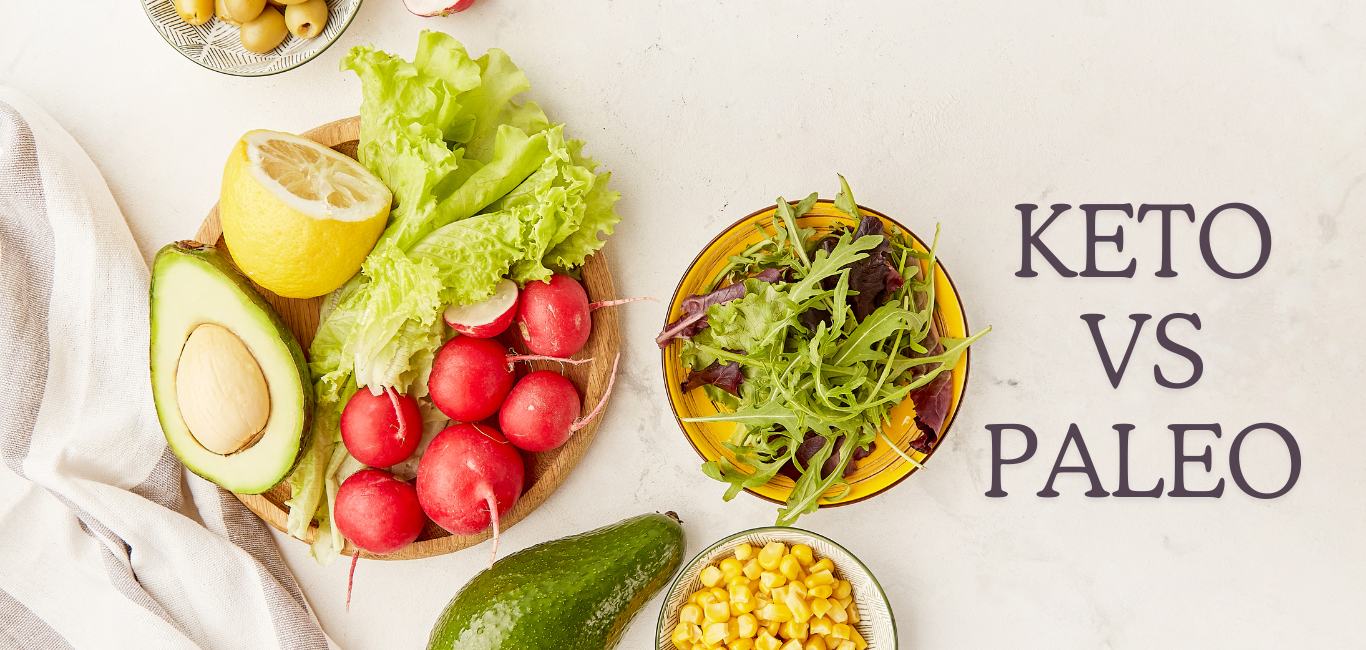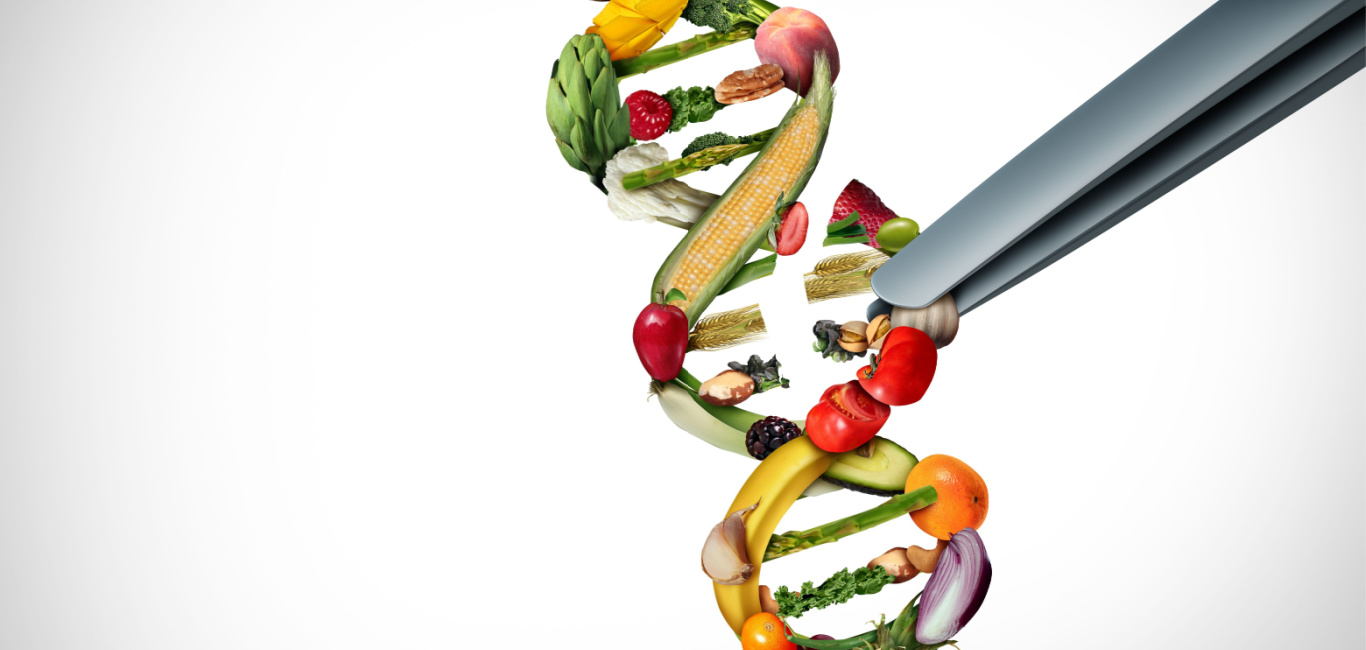
Until relatively recently, dietary guidelines were based on broad population averages. For decades, we bought into one-size-fits-all nutritional recommendations.
Luckily, the human genome project and the rapidly advancing field of genetics have opened a new frontier in personalised health and nutrition. We now understand that each of us has a unique genetic makeup that influences how our body responds to different foods and nutrients.
Genetic testing allows us to peer into our DNA code and uncover personalised information. It may unearth how genes impact everything from nutrient metabolism and food sensitivities to disease predispositions. These tests reveal what may be a nutritious food for one person could be inflammatory or provide little benefit for someone else, based on their genetic variances.
The exciting field of nutrigenomics, with simple genetic tests, is paving the way forward to biohacking our diets and lifestyle habits. Deepika Suresh, a genetic counsellor in Chennai, says, “Biohacking is rewriting your genetic destiny in a way.” she explains that biohacking entails enhancing your body’s abilities by making small, achievable changes to optimise how it reacts to exercise and diet.”
Eat what your genes need
The vast universe of human genetic variation means that dietary needs differ for each of us at a molecular level. By understanding our genetics, we can make smarter, personalized dietary choices to optimize our health and function.
For example, Suresh explains how coffee-induced acid reflux can be avoided by slightly changing the intake timing or pairing it with certain foods. One might ask why we need a genetic test when some people are more jittery than others when taking coffee.
Leta Pilic, a senior lecturer in nutrition and genetics at St Mary’s University in the United Kingdom, points out that even if you do not experience jitteriness after drinking coffee, you might still be a slow coffee metaboliser. That is, if you are a slow metaboliser, coffee is less beneficial for you than others. She emphasises that looking at your DNA is the best way to determine this genetic difference accurately.
Another well-studied genetic variation is a mutation in the methylenetetrahydrofolate reductase (MTHFR) gene. The MTHFR gene affects how we process folate and vitamin B9 and metabolism in general. Pilic says, “Individuals with specific MTHFR mutations may need more folate, and they can benefit from eating folate-rich foods such as leafy greens or taking methylated folate supplements.”
While these are just two examples, genetic testing can uncover dozens of mutations. While some affect how we metabolise vitamins, minerals, and antioxidants, others navigate fats, proteins and more. This data can encourage us to eat in a way aligned with our DNA’s needs.
Unique genes, special diets
Using genetic insights to improve nutrition starts with taking nutrigenomic tests. This can help us understand our unique genetic makeup and vulnerabilities.
By understanding our genetic profile, we can pinpoint areas where we need to focus our efforts. Whether improving our fitness routine, managing stress better, or enhancing our sleep habits, genetic testing guides us towards the changes that will benefit us most in the long run.
Suresh explains that biohacking, which uses our genetic blueprint to encourage positive changes in our body’s functions, has become an essential strategy in this journey. “Focusing on physiological changes rather than just physical outcomes enables us to achieve holistic well-being,” she notes.
Here are a few practical tips from genetic counsellor Deepika Suresh to utilise the genetic test to its full potential:
- Eat nutrient-dense whole foods that support your genetic variants.
- Strategically increase nutrients you may need more of, according to your test results.
- Minimise foods like dairy, gluten or certain fats that may be inflammatory or poorly metabolised according to your DNA data.
- Choose a diet (such as Mediterranean or low glycaemic diet) that is ideal for your specific gene expressions, as suggested by an expert.
- Revise your exercise sets depending on whether your genes favour endurance or power training.
With nutrigenomics as our guide, we can eat smarter. We can minimise nutritional deficiencies or excesses, and ultimately craft an optimised diet as unique as our DNA. Blending genetic data with nutritional knowledge empowers us to thrive metabolically. But before jumping on this, as we always say, seek guidance from a genomics expert before adjusting your lifestyle.

















